Mastering cat care is an art that revolves around understanding and catering to the complex, often mysterious nature of our feline friends. As sleek and self-reliant as they may seem, cats require a certain level of attentive care to ensure their well-being and happiness. From providing proper nutrition to understanding their behavioural quirks, here’s your ultimate guide to ensuring the feline in your life purrs with contentment.
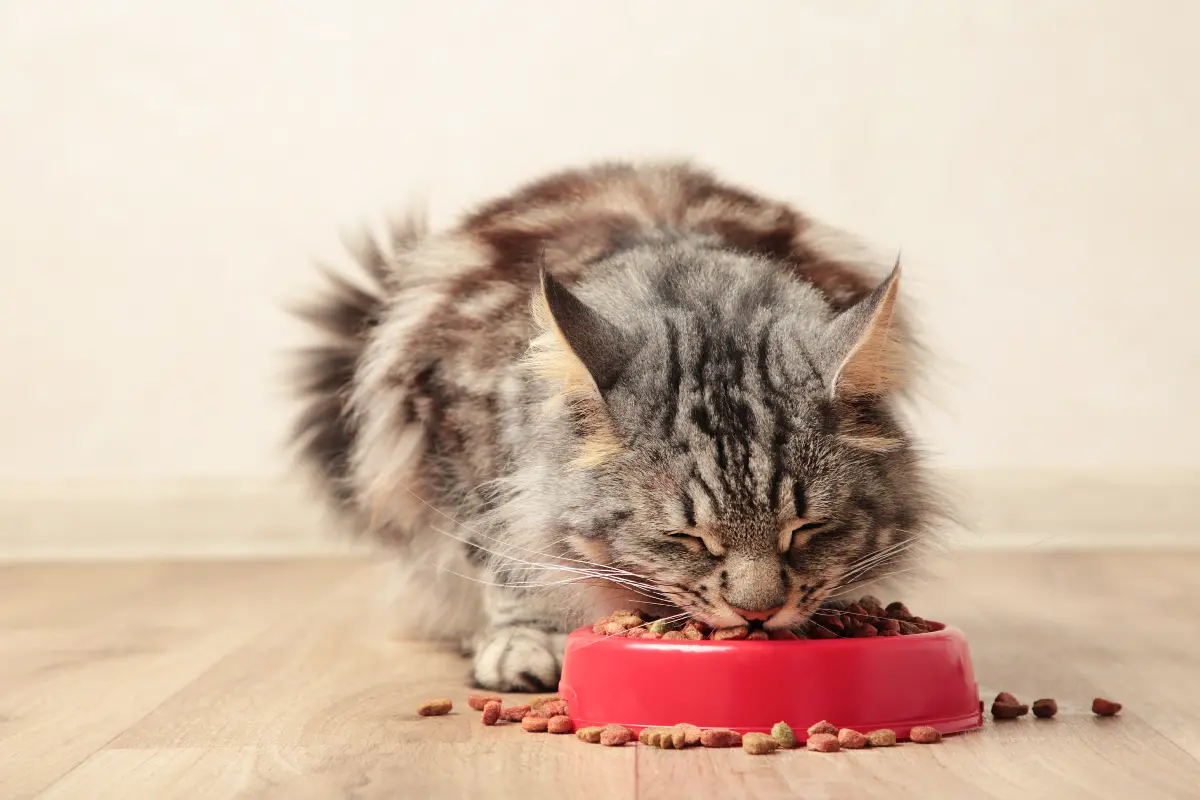
Nutrition is the cornerstone of cat health. Cats are obligate carnivores, which means they require a diet rich in animal proteins to thrive. When choosing food for your cat, look for high-quality, meat-based products that are low in fillers like grains and carbohydrates. Remember to provide constant access to fresh, clean water, as dehydration can lead to a host of health issues in cats.
Just as important as what they eat is how they eat. Many cats prefer to graze throughout the day rather than having one or two large meals. Hence, it’s often best to leave dry food available for self-feeding, supplemented with portions of wet food for added hydration. And while it's tempting to spoil your companion with treats, these should only make up a small portion of their overall diet to keep them from gaining excess weight.
Another essential aspect of cat care is ensuring they have a clean, comfortable living environment. Cats are fastidious creatures by nature and require a well-maintained litter box. Place the box in a quiet, accessible location and clean it regularly to encourage use and avoid accidents around the house. If you're living in a multi-level home, consider having a litter box on each floor.
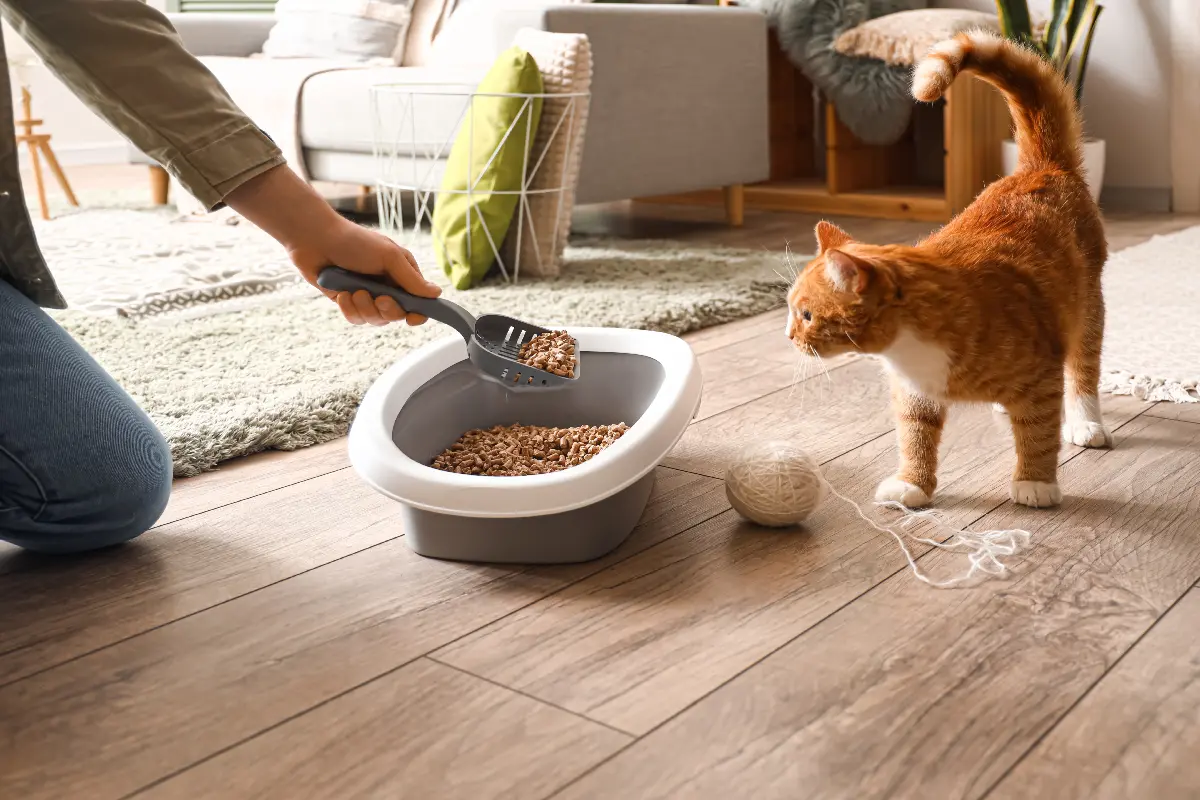
Cats not only groom themselves meticulously but also take their resting spots very seriously. Provide plenty of cozy napping spots away from the hustle and bustle of household activity. This can be anything from a soft blanket on a shelf to a dedicated cat bed or tower. Respect their need for solitude and don't disturb them when they seem to be seeking peace and quiet.
On to behaviour and socialization, understanding your cat's body language and vocalizations is crucial to maintaining a harmonious relationship. A cat that holds its tail high typically feels confident and content, while a tail tucked between the legs might indicate fear or submission. Purring usually signifies pleasure, but it can also be a sign of pain or distress, so contextual cues are essential.
Providing stimulation and opportunities for play is a great way to keep your cat physically and mentally healthy. Interactive toys like laser pointers, feather wands, and ball tracks can help mimic their natural hunting behaviours and provide exercise. Also, consider installing shelving or furniture that allows your cat to climb and explore, satisfying their need for high vantage points.
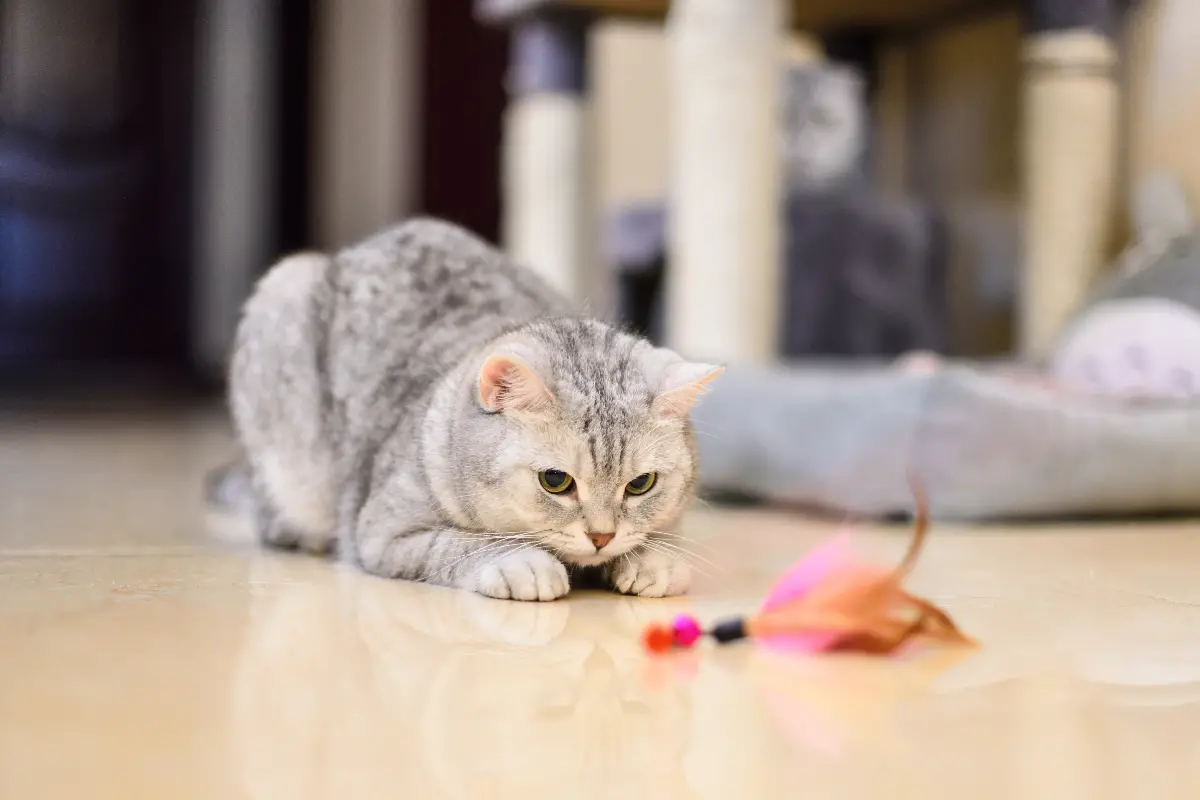
Scratching is another innate behaviour, so provide suitable scratching posts or pads to prevent furniture damage. Locate these scratchers near their favourite resting areas or along their common paths of travel throughout your home.
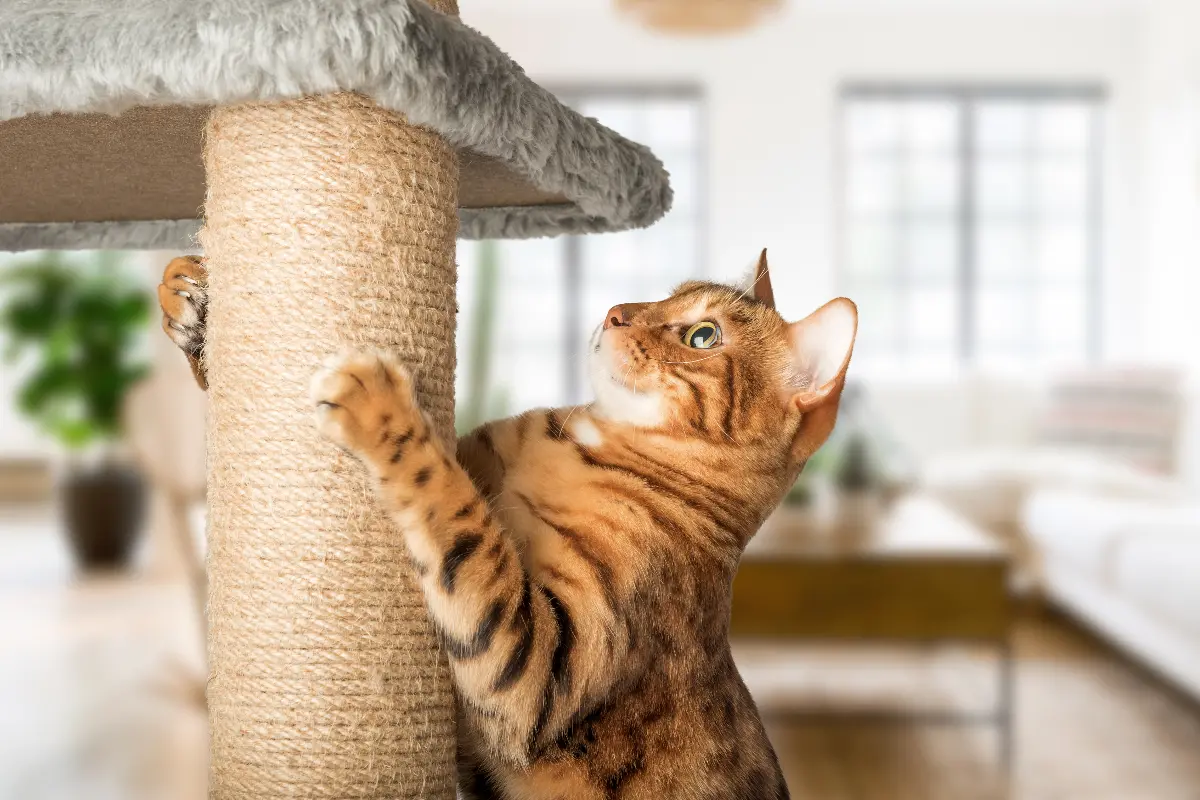
Health care for cats is not just about responding to illness, but also about prevention. Regular veterinary check-ups are crucial, including vaccinations, parasite control, and dental care. As cats age, they may require more frequent visits to address common age-related issues such as arthritis or kidney problems. Keep an eye on your cat for signs of illness, including changes in appetite, litter box habits, energy levels, or grooming. Any marked change could warrant a visit to the vet.
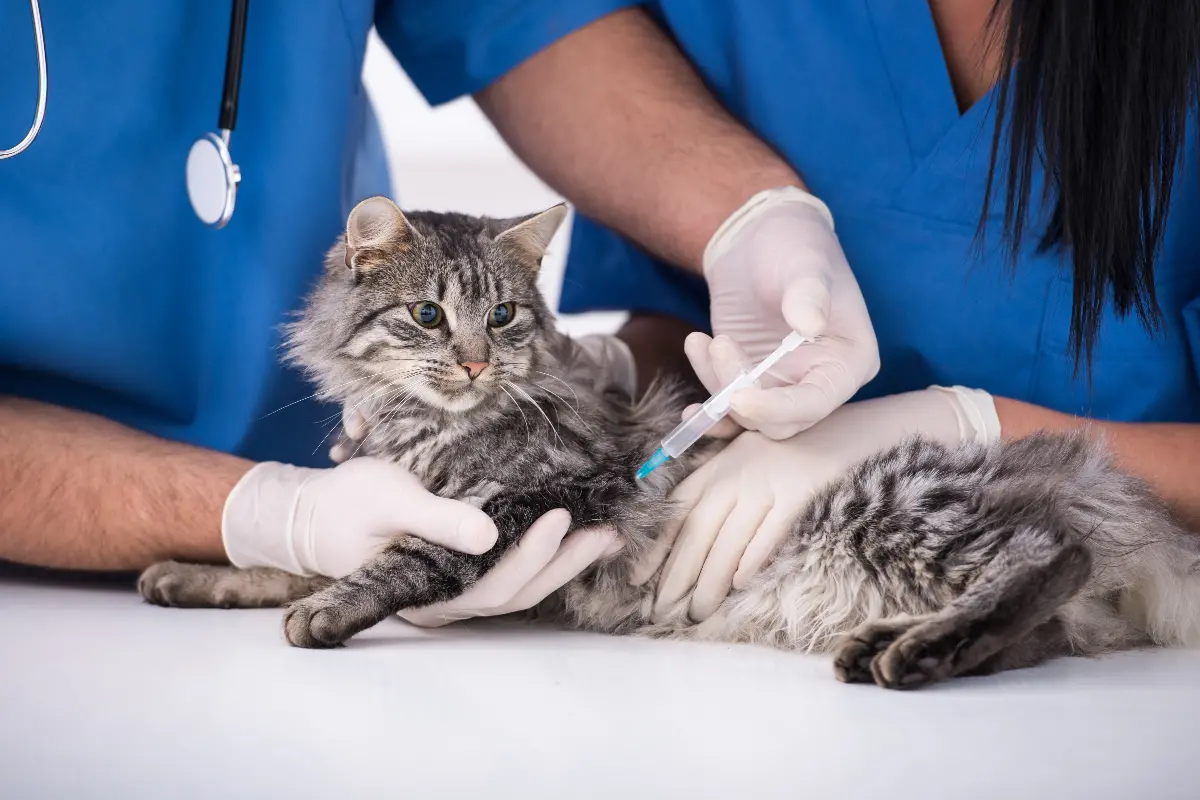
One of the most overlooked aspects of cat care is mental health. Just like humans, cats can experience stress, anxiety, and boredom, which can manifest in various ways, such as inappropriate elimination, aggression, or over-grooming. Providing a routine, enriching environment, and plenty of attention can go a long way in preventing these issues.
Lastly, whether your feline friend is a sprightly kitten or a graceful senior, ensure they are spayed or neutered. Not only does this help to control the population of unwanted cats, but it also contributes to their overall long-term health by preventing certain types of cancers and reducing the risk of roaming and fighting with other animals.
Caring for a cat is a rewarding experience that brings joy and companionship to countless individuals and families. By paying close attention to their dietary needs, home environment, social and behavioural patterns, and health care requirements, you can provide a life of comfort and affection for your beloved pet. Remember that every cat is unique, and part of the joy of cat ownership is learning and adapting to the needs of your particular furry companion. Invest your time and heart into their well-being, and you’ll be rewarded with the unbreakable bond that only a happy and healthy cat can offer.
